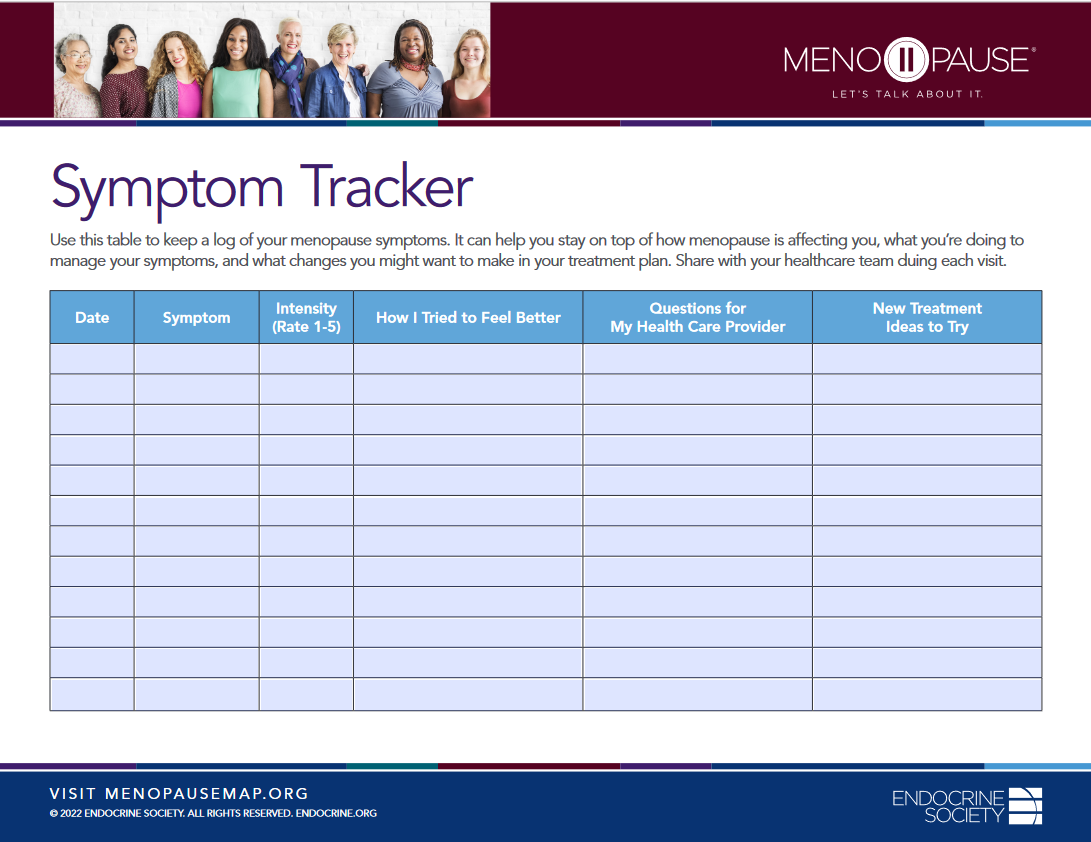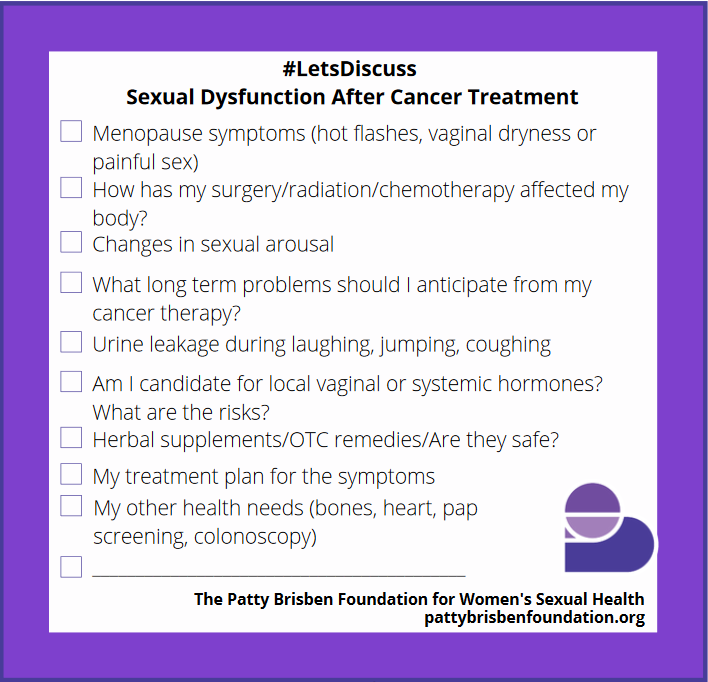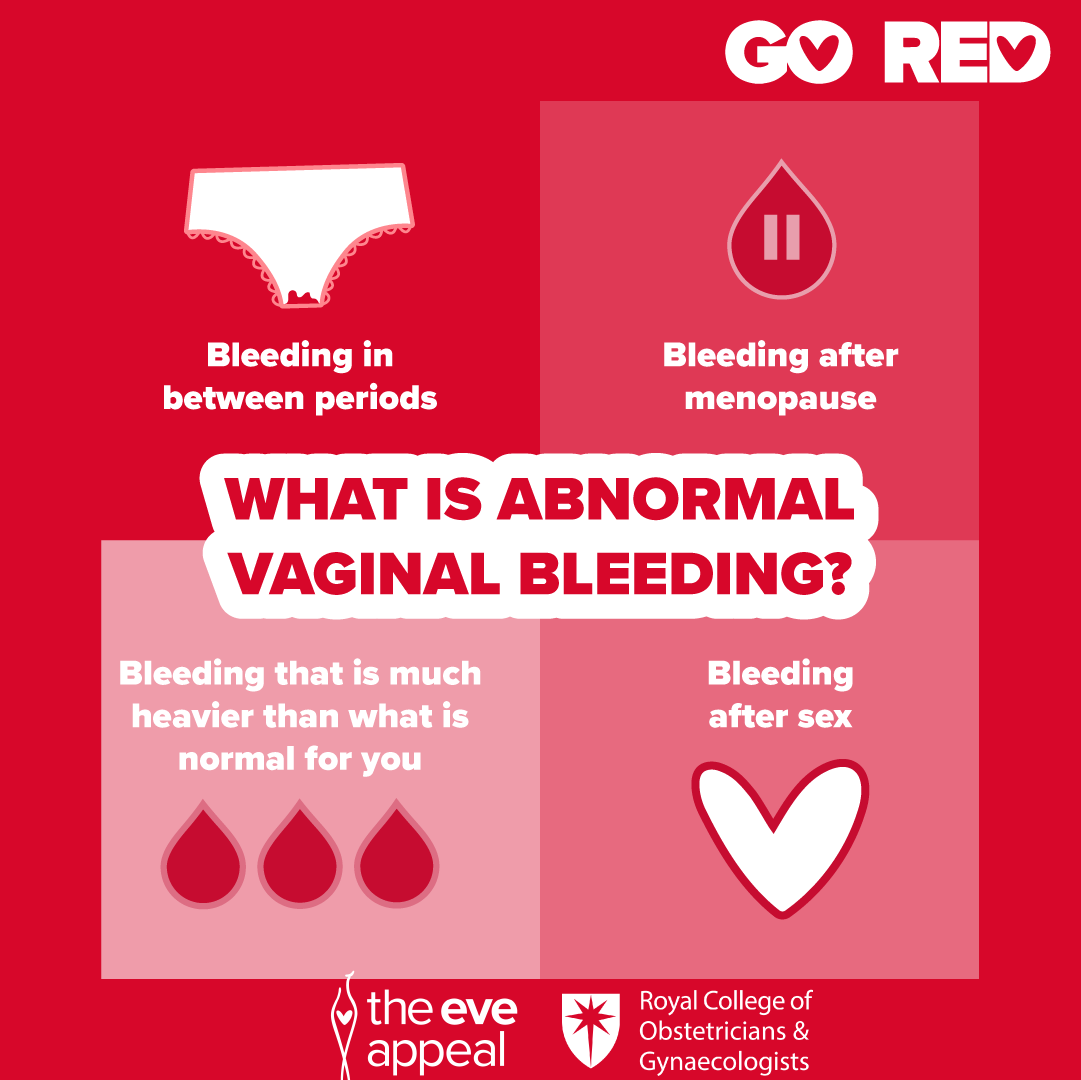“It’s very important to talk with your cancer care team about
what to expect, and continue to talk about
what’s changing or has changed in your sexual life”.1
Umbrella
What may the Sexual Health and Women and Cancer Umbrella include?
Depending on the Source (DotS) this Umbrella may include:
- Cancer, Sex and Sexuality
- Sexuality for the Woman With Cancer
Cancer and Sex
How can having cancer and cancer treatment affect sex, sexuality and intimacy?
In Sexual Health Issues In Women With Cancer the (United States) National Cancer Institute elaborate on:
“Women being treated for cancer may experience changes that affect their sexual life during, and sometimes after, treatment. While you may not have the energy or interest in sexual activity that you did before treatment, feeling close to and being intimate with your spouse or partner is probably still important”.2
In Sex and the Adult Female With Cancer: Cancer, Sex, and the Female Body the American Cancer Society (ACS) explain:
“Sex, sexuality, and intimacy are just as important for people with cancer as they are for people who don’t have cancer. In fact, sexuality and intimacy have been shown to help people face cancer by helping them deal with feelings of distress, and when going through treatment. But, the reality is that a person’s sex organs, sexual desire (sex drive or libido), sexual function, well-being, and body image can be affected by having cancer and cancer treatment. How a person shows sexuality can also be affected”.3
Dyspareunia
What is dyspareunia?
In Women’s Wellness: Sexual Health After Cancer [+ Video] a Mayo Clinic general internal medicine physician elaborates on:
““Dyspareunia is the medical term for the pain that a lot of women will experience after cancer treatment, especially if their hormones have been affected. The loss of estrogen, specifically, often will result in changes in the vaginal mucosa,” Dr. Thielen explains. “The cells are not able to lubricate like they should, and we lose elasticity of those vaginal walls, too. So subsequently, there can be pain””.4
Step One
What is the first step in addressing how cancer and cancer treatment can affect sex, sexuality and intimacy?
In Sex and the Adult Female With Cancer [+ Images]: Cancer, Sex, and the Female Body – The 1st Step: Good Communication the ACS elaborate on:
“The first step is to bring up the topic of sex with your doctor or someone on your partner and cancer care team. It’s very important to talk with your cancer care team about what to expect, and continue to talk about what’s changing or has changed in your sexual life as you go through procedures, treatments, and follow-up care. This includes letting them know what over-the-counter and prescription medications, vitamins, or supplements you may be taking because they might interfere with treatments”.5
Questions To Ask
What are some questions to ask?
In Sex and the Adult Female With Cancer [+ Images]: Cancer, Sex, and the Female Body – The 1st Step: Good Communication: Questions To Ask the ACS include:
 “You probably have certain questions and things you’re wondering about. Here are some you may want to ask your doctor or nurse these questions you can use to jump start talks with your cancer care team about having sex during and after treatment:
“You probably have certain questions and things you’re wondering about. Here are some you may want to ask your doctor or nurse these questions you can use to jump start talks with your cancer care team about having sex during and after treatment:
- How might treatment affect my sex life?
- Is it safe to have sex now? If not, when will it be OK to have sex?
- Are there any types of sex I should avoid?
- Do I need birth control or other protection during treatment? How about afterwards? For how long?
- Can my medications or treatment be passed to my partner through my body fluids?
- What safety measures do I need to take, and for how long? What birth control should I use? For how long?”6
Where may I find more questions to ask?
You may find more questions to ask in Sex and the Adult Female With Cancer [+ Images]: Questions Adult Females Have About Cancer and Sex.
Lesbian, Bisexual, Transgender (LGBT) or Gender Non-Conforming
What if a person is lesbian, bisexual, transgender (LGBT) or gender non-conforming?
In Sex and the Adult Female With Cancer [+ Image]: Cancer, Sex, and the Female Body the ACS note:
“If you are lesbian, bisexual, transgender (LGBT) or gender non-conforming, you may have needs that are not addressed here. It’s very important to talk to your cancer care team and give them information about your sexual orientation and gender identity, including what gender you were at birth, how you describe yourself now, any procedures you’ve had done, or hormone treatments you may have taken or are taking”.7
Partners
How may partners help?
In Sex and the Adult Female With Cancer [+ Images]: Cancer, Sex, and the Female Body – The 3rd Step: Keep Talking and Work Together To Manage Problems the ACS elaborate on:
“…during and after cancer treatment, there may be times when the kind of sex you like best is not possible. Those times can be a chance to learn new ways to give and receive sexual pleasure. You and your partner can help each other reach orgasm through touching and stroking. At times, just cuddling can be pleasurable. You could also continue to enjoy touching yourself. Do not stop sexual pleasure just because your usual routine has been changed”.8
Health Care Provider
What if a person is not asked about their sexual health concerns?
If a person is not asked about their sexual health concerns, it may be in their best interest to choose to talk to their health care providers about this.
In Sex and the Adult Female With Cancer: Managing Female Sexual Problems Related To Cancer – Ask About Possible Changes In Sexuality From Treatment the ACS explain:
In Sex & Intimacy After Cancer: Talk To Your Health Care Team the (Australian) Jean Hailes for Women’s Health explain:
Health Topics A-Z
Where may I find Health Topics A-Z related to Sexual Health and Women and Cancer?
In Health Topics A-Z you may find:
Links
Where may I find Links related to Sexual Health and Women and Cancer?
Your Country may have Links similar to:
Links
This Links List to third party websites is neither comprehensive nor exhaustive. Inclusion on this Links List does not imply endorsement or recommendation. Non-inclusion on this Links List does not imply non-endorsement or non-recommendation. Third party websites are not under the control of Meno Martha International Menopause Directory. Third party websites may contain explicit medical images and/or sexual references. Please read Meno Martha International Menopause Directory’s Links Policy before proceeding to a Link. Please contact Webmaster if you experience a problem with a Link.New or Updated
- Nonhormone Treatments for Hot Flashes and Night Sweats
- Sexuality & Cancer
- The Truth About Menopause Supplements | Dr Sarah Berry
- Video Series-2023: Changes In Sexual Health After Cancer [08 October 2023]
- Video Series-2023: NAMS 2023 Nonhormone Therapies Position Statement for Bothersome Menopause Symptoms
- Video Series-2023: New FDA-Approved Nonhormone Option for the Treatment of Hot Flashes
- Askearlymenopause.org [Ask EM] [+ Video: What Is Early Menopause?]
- BMS Statement on Testosterone
- BMS TV: HRT and Breast Cancer: Overall Risks and Benefits
- BMS TV: HRT and the Risk of Breast Cancer
- BMS TV: Testosterone Explained
- BMS TV: Urogenital Atrophy Explained
- Bioidentical Hormones: Are They Safer?
- Breast Cancer At the Menopause
- Breastcancer.org
- Cancer Diagnosis: 11 Tips for Coping
- Cancer Survivors: Late Effects of Cancer Treatment
- Cancer Types
- Coping With Cancer
- Deciding About Hormone Therapy Use
- Dr Louise Newson: The Truth About the Menopause & HRT
- Emotional Wellness In Menopause
- Gynecological Cancer At the Menopause
- HRT & Menopause Extra
- HRT: Benefits and Risks
- Hormone Therapy: Is It Right for You?
- Hot Flashes
- Hot Flashes: What Can I Do? [+ Video: What Are the Signs and Symptoms of Menopause?]
- How Cancer Effects Your Self-Image and Sexuality
- How Menopause Affects Sexuality
- International Society for the Study of Women’s Sexual Health
- International Society for the Study of Women’s Sexual Health: Find A Provider
- Joint Position Statement By the British Menopause Society, Royal College of Obstetricians and Gynaecologists and Society for Endocrinology on Best Practice Recommendations for the Care of Women Experiencing the Menopause
- Later Years (Around 50 Years and Over): Menopause and Post Menopause Health – Sexual Wellbeing, Intimacy and Menopause [+ Video: Menopause Is the End of Your Sex Life]
- Later Years (Around 50 Years and Over): Menopause and Post Menopause Health – Supporting Someone Through the Menopause [+ Video: Men Don’t Need To Know About Menopause]
- Libido and Testosterone Therapy – Podcast
- Managing Menopause After Cancer
- Mayo Clinic Minute: Help With Hot Flashes Due To Menopause [+ Video]
- Mayo Clinic Minute: Lifestyle Changes To Manage Menopause Symptoms [+ Video]
- Mayo Clinic Q&A Podcast: Cancer Survivorship Needs Are Unique for Each Survivor [+ Video Courtesy: Mayo Clinic News Network]
- Mayo Clinic Q&A Podcast: Sexual Health After Cancer Treatment [+ Video Courtesy: Mayo Clinic News Network]
- Menopause
- Menopause Map: Downloadable Resources – My Personal Path Print Tools: Menopause Medication Tracker
- Menopause Map: Downloadable Resources – My Personal Path Print Tools: Questions for Your Health Care Provider
- Menopause Map: Downloadable Resources – My Personal Path Print Tools: Symptom Tracker

- Menopause Mindfulness: Understanding the Many Paths To Menopause
- Menopause Patient Information [Videos] 1. What Is Menopause?
- Menopause Patient Information [Videos] 2. Talking To Your GP About Menopause
- Menopause Preparedness Toolkit Video Series: Common Conditions Associated With Menopause and Midlife
- Menopause Preparedness Toolkit Video Series: Lifestyle Tips for Menopause Wellness
- Menopause Preparedness Toolkit: A Woman’s Empowerment Guide
- Menopause Ruining Your Sex Life?
- Menopause Symptoms: Mayo Clinic Expert Outlines Hormone and Nonhormonal Therapies
- Menopause Treatments: What Works, What Doesn’t
- Menopause and HRT
- Menopause and Natural Therapies
- Menopause: Diagnosis and Management – Information for the Public: Questions To Ask About Menopause [NICE Guideline]
- Menopause: Understanding the Changes and Finding Relief | Dr Susan Davis | The Proof Podcast EP 256
- National Cancer Survivors Day [o4 June 2023, United States]
- National Center for Complementary and Integrative Health: Herbs At A Glance
- National Center for Complementary and Integrative Health: How Safe Is This Product or Practice?
- National Center for Complementary and Integrative Health: Know the Science: How Medications and Supplements Can Interact
- Natural Therapies
- Navigating Menopause Together: How Partners Can Help
- Navigating Menopause: Expert Insights and Solutions | Dr Susan Davis | The Proof Podcast EP 245
- Non-Estrogen Treatments for Menopausal Symptoms
- Nonhormone Treatments for Hot Flashes and Night Sweats
- OCCAM Office of Cancer Complementary and Alternative Medicine [National Cancer Institute, United States]
- Office of Dietary Supplements: Dietary Supplement Fact Sheets
 Patty Brisben Foundation for Women’s Sexual Health
Patty Brisben Foundation for Women’s Sexual Health- Patty Brisben Foundation for Women’s Sexual Health: Guide To Sexual Health Providers
- Prosayla.com [Supported By International Society for the Study of Women’s Sexual Health]
- Sex and Menopause: Treatment for Symptoms
- Sex and the Adult Female With Cancer [+ Images]
- Sex and the Adult Female With Cancer [+ Images]: Cancer, Sex, and the Female Body
- Sex and the Adult Female With Cancer [+ Images]: How Hormone Therapy and Chemo Can Affect the Sex Life of Females with Cancer
- Sex and the Adult Female With Cancer [+ Images]: How Radiation Therapy Can Affect the Sex Life of Females with Cancer
- Sex and the Adult Female With Cancer [+ Images]: How Surgery Can Affect the Sex Lives of Females With Cancer
- Sex and the Adult Female With Cancer [+ Images]: Managing Female Sexual Problems Related to Cancer
- Sex and the Adult Female With Cancer [+ Images]: Questions Adult Females Have About Cancer and Sex
- Sexual Difficulties In the Menopause
- Sexual Dysfunction In Female Cancer Survivors: Addressing the Problems and the Remedies
- Sexual Health During and After Breast Cancer
- Sexual Health Issues In Women With Cancer
- Sexual Problems and the Menopause
- Sexuality & Cancer
- Supporting A Loved One Through Menopause
- The Truth About Menopause Supplements | Dr Sarah Berry
- Therapy for the Effects of Menopause
- Tips To Help Manage Menopause Symptoms
- Tips for Tracking Your Bleeding

- Using HRT (Hormone Replacement Therapy)
- Vaginal Dryness
- Vaginal Dryness After Menopause: How To Treat It?
- Vaginal Dryness Alternative Treatments
- Vaginal Oestrogen
- Video Series-2023: Changes In Sexual Health After Cancer
- Video Series-2023: NAMS 2023 Nonhormone Therapies Position Statement for Bothersome Menopause Symptoms
- Video Series-2023: New FDA-Approved Nonhormone Option for the Treatment of Hot Flashes
- Videos and Podcasts: Videos – Interviews: How Do I Deal With the Menopause After A Diagnosis of Gynaecological Cancer
- Videos and Podcasts: Videos – Interviews: Menopause and Abnormal Bleeding
- Webinars: Previous – The Early Menopausal Patient
- What Everyone Should Know About Menopause Symptoms
- What Is Cancer?
- Why Didn’t Anyone Tell Me This? Episode 3: Dr Annice Mukherjee: Your Essential Menopause Toolkit
- Women’s Wellness: Sexual Health After Cancer Treatment [+ Video]
Sources
Where may I find the Sources quoted?
You may find the Sources quoted:
Sources
- Sex and the Adult Female With Cancer: Cancer, Sex, and the Female Body. Last Revised: 06 February 2020. American Cancer Society https://www.cancer.org/treatment/treatments-and-side-effects/physical-side-effects/fertility-and-sexual-side-effects/sexuality-for-women-with-cancer/cancer-sex-sexuality.html Accessed: 04 January 2024
- Sexual Health Issues In Women With Cancer. 29 December 2022. National Cancer Institute https://www.cancer.gov/about-cancer/treatment/side-effects/sexuality-women Accessed: 04 January 2024
- Sex and the Adult Female With Cancer: Cancer, Sex, and the Female Body. Last Revised: 06 February 2020. American Cancer Society https://www.cancer.org/treatment/treatments-and-side-effects/physical-side-effects/fertility-and-sexual-side-effects/sexuality-for-women-with-cancer/cancer-sex-sexuality.html Accessed: 04 January 2024
- Women’s Wellness: Sexual Health After Cancer Treatment. 11 March 2020. Mayo Clinic https://newsnetwork.mayoclinic.org/discussion/womens-wellness-sexual-health-after-cancer-treatment/ Accessed: 04 January 2024
- Sex and the Adult Female With Cancer: Cancer, Sex, and the Female Body – The 1st Step: Good Communication. Last Revised: 06 February 2020. American Cancer Society https://www.cancer.org/treatment/treatments-and-side-effects/physical-side-effects/fertility-and-sexual-side-effects/sexuality-for-women-with-cancer/cancer-sex-sexuality.html Accessed: 04 January 2024
- Sex and the Adult Female With Cancer: Cancer, Sex, and the Female Body – The 1st Step: Good Communication – Questions To Ask. Last Revised: 06 February 2020. American Cancer Society https://www.cancer.org/treatment/treatments-and-side-effects/physical-side-effects/fertility-and-sexual-side-effects/sexuality-for-women-with-cancer/cancer-sex-sexuality.html Accessed: 04 January 2024
- Sex and the Adult Female With Cancer: Cancer, Sex, and the Female Body. Last Revised: 06 February 2020. American Cancer Society https://www.cancer.org/treatment/treatments-and-side-effects/physical-side-effects/fertility-and-sexual-side-effects/sexuality-for-women-with-cancer/cancer-sex-sexuality.html Accessed: 04 January 2024
- Sex and the Adult Female With Cancer: Cancer, Sex, and the Female Body – The 3rd Step: Keep Talking and Work Together To Manage Problems. Last Revised: 06 February 2020. American Cancer Society https://www.cancer.org/treatment/treatments-and-side-effects/physical-side-effects/fertility-and-sexual-side-effects/sexuality-for-women-with-cancer/cancer-sex-sexuality.html Accessed: 04 January 2024
- Sex and the Adult Female With Cancer: Managing Female Sexual Problems Related To Cancer – Ask About Possible Changes In Sexuality From Treatment. Last Revised: 05 February 2020. American Cancer Society https://www.cancer.org/treatment/treatments-and-side-effects/physical-side-effects/fertility-and-sexual-side-effects/sexuality-for-women-with-cancer/problems.html Accessed: 04 January 2024



